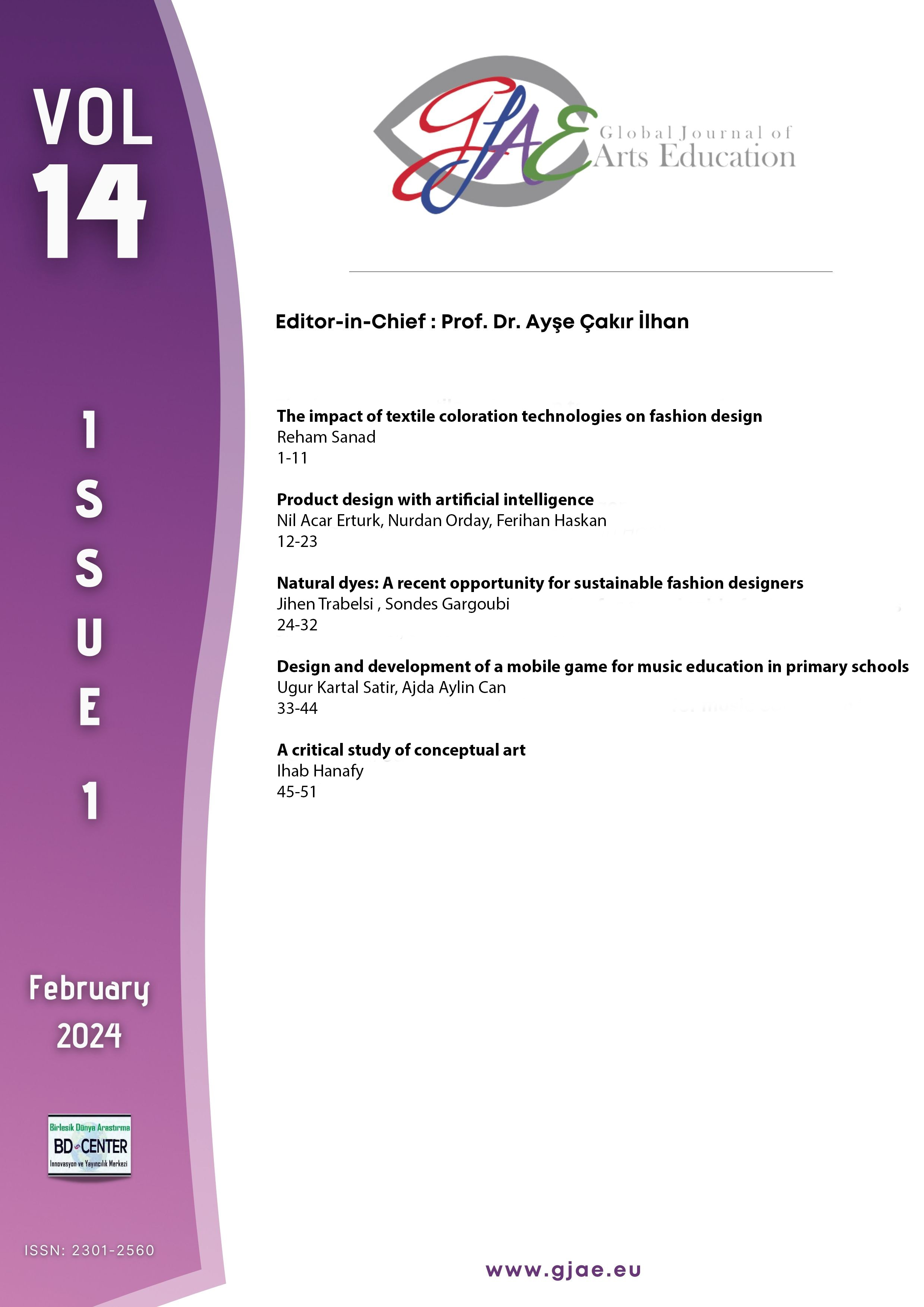Design and development of a mobile game for music education in primary schools
Main Article Content
Abstract
This research addresses the need to enhance the efficiency of 5th-grade music classes, a pivotal component in a child’s elementary education, where students first encounter a professional music teacher. The study’s goal is to develop a mobile game application aimed at making it easier for 5th-grade students to acquire competencies in listening, singing, musical perception, knowledge, music culture, and musical creativity, while also fostering a greater love for music and enjoyable learning. In pursuit of this goal, the research employs the Design and Development Research (DDR) method, a scientific research approach. It features six different games allowing students to learn note sounds and positions, match instrument images with their sounds, develop rhythm skills, engage in a multiple-choice quiz about music culture, guess the instrument associated with a sound they hear, and play the drums and xylophone creatively. This application aims to present 5th-grade music curriculum topics engagingly, enabling students to practice and learn from anywhere while promoting long-lasting understanding. In conclusion, the “Music Marathon” mobile game was designed and developed with the expectation of offering 5th-grade students a fun way to learn music concepts from their curriculum, practice anytime and anywhere, and achieve lasting comprehension.
Keywords: Educational software; mobile game; music teaching; technology
Downloads
Article Details
Authors who publish with this journal agree to the following terms:
- Authors retain copyright and grant the journal right of first publication with the work simultaneously licensed under a Creative Commons Attribution License that allows others to share the work with an acknowledgement of the work's authorship and initial publication in this journal.
- Authors are able to enter into separate, additional contractual arrangements for the non-exclusive distribution of the journal's published version of the work (e.g., post it to an institutional repository or publish it in a book), with an acknowledgement of its initial publication in this journal.
- Authors are permitted and encouraged to post their work online (e.g., in institutional repositories or on their website) prior to and during the submission process, as it can lead to productive exchanges, as well as earlier and greater citation of published work (See The Effect of Open Access).

